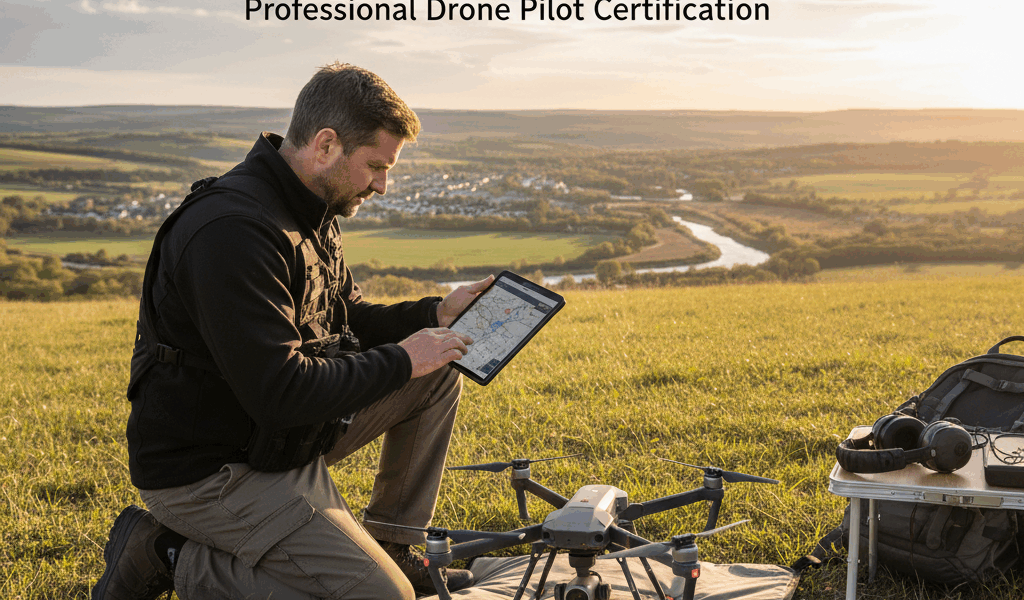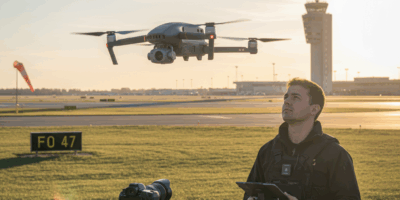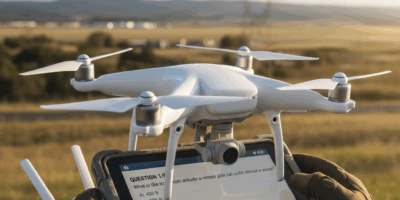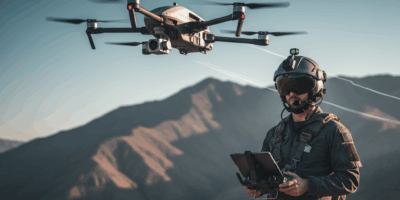Drone Operator Exam Requirements
The rise in drone usage has led to stricter regulations for operators. Both hobbyists and professionals need to meet certain criteria. Understanding these requirements is crucial for anyone looking to operate a drone legally.
Eligibility Criteria
Most countries require drone operators to be at least 16 years old. This age limit ensures that operators have the necessary maturity and decision-making skills. In some regions, the minimum age might be higher, especially for commercial use.
Registration
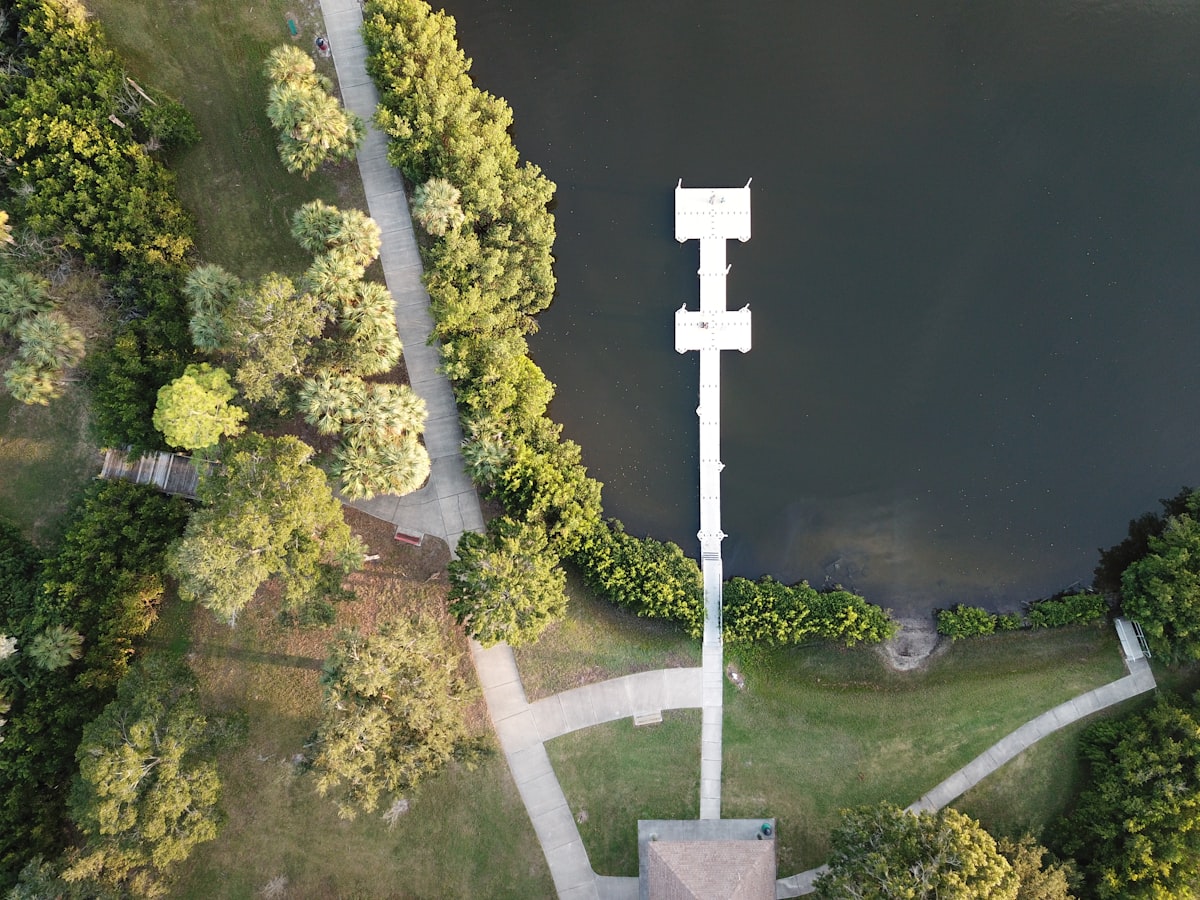
Registering your drone is often the first step. In the United States, the Federal Aviation Administration (FAA) handles this process. Operators must provide their personal details and information about the drone. Once registered, a unique identification number is issued. This number must be displayed on the drone.
Knowledge Test
Passing a knowledge test is typically required. The test covers several key areas:
- Aviation regulations
- Airspace classifications
- Weather effects on drones
- Emergency procedures
- Drone maintenance
It’s essential to study these topics thoroughly. Various materials and online courses can assist with preparation. Practice tests are also available to help gauge your readiness.
Practical Test
In some countries, a practical flying test is required. Candidates must demonstrate their ability to operate a drone safely. This includes take-off, flight maneuvers, and landing. The test may also assess the operator’s response to simulated emergencies.
Medical Fitness
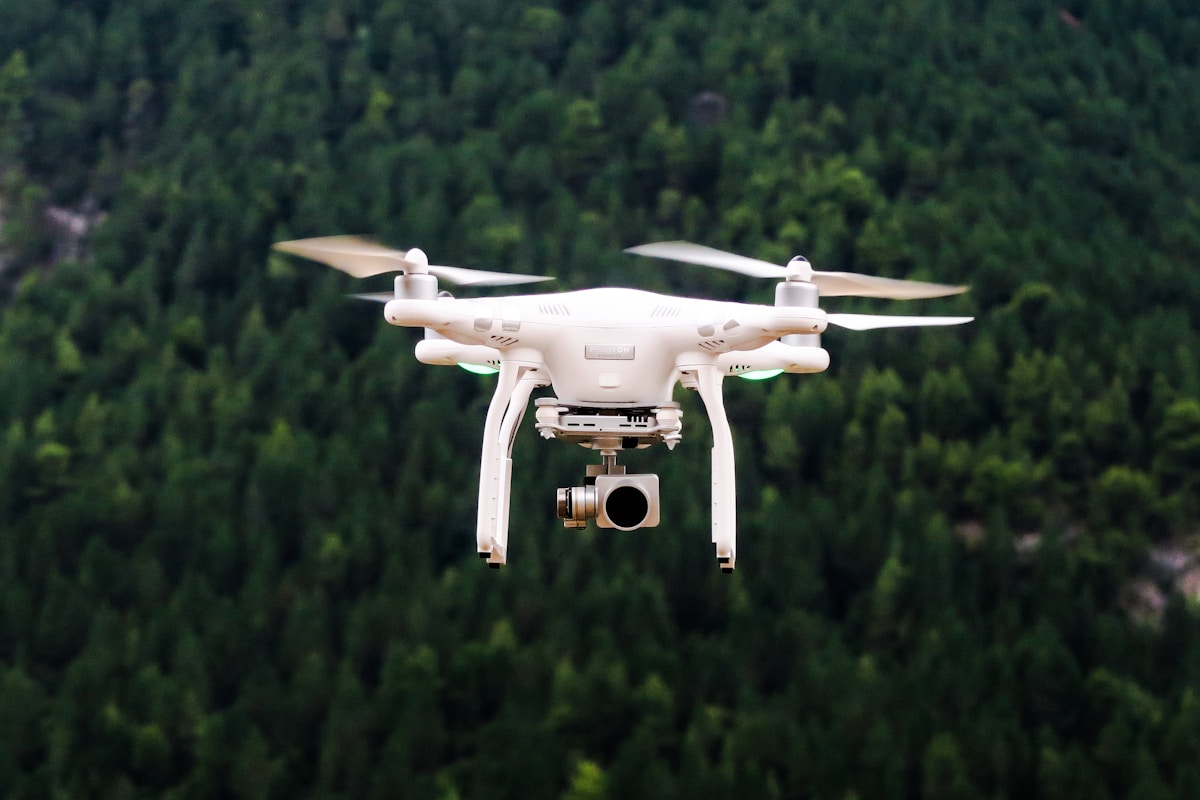
Operators may need to meet specific medical standards. This is akin to the requirements for other types of pilots. Conditions affecting vision, hearing, or overall health may need to be disclosed. A medical certificate might be required, especially for commercial operators.
Certification
Once all requirements are met, the operator receives a certification. In the United States, this is known as a Remote Pilot Certificate. This certificate is valid for two years. Operators must pass a recurrent knowledge test to maintain their certification.
Insurance
While not always a legal requirement, insurance is highly recommended. It protects against potential damages or accidents. Various insurance options exist, tailored to both hobbyist and commercial operators.
Record Keeping
Maintaining accurate records is crucial. Log flight times, maintenance activities, and any incidents. These records are often required during inspections or audits.
Understanding Airspace
Operators must be familiar with different airspace classifications. Restricted areas should be avoided. Tools like mobile apps can help identify no-fly zones. Always check for temporary flight restrictions before flying.
Privacy Laws
Respecting privacy is crucial when operating drones. Avoid flying over private property without permission. Familiarize yourself with local privacy laws to avoid legal complications.
Operating Limitations
There are specific operating limitations to follow. These include:
- Maximum altitude (usually 400 feet)
- Line-of-sight requirement
- Restrictions on night flying
- Avoiding flying over crowds
Adhering to these limitations ensures safe and legal flight operations.
Country-Specific Requirements
Different countries have varying requirements. In Canada, drone operators need to obtain a Drone Pilot Certificate. The United Kingdom requires drone registration with the Civil Aviation Authority (CAA). Australia mandates a Remote Pilot License (RePL) for commercial operators. It’s crucial to understand and comply with the regulations of the country where you intend to fly.
Resources for Preparation
Various resources are available to help with exam preparation. Online courses, study guides, and forums can be beneficial. Some websites offer mock tests and detailed explanations of answers. Leveraging these resources can boost your chances of passing the exam.
Maintaining Competence
Staying updated with the latest regulations and guidelines is important. Regulatory bodies frequently update their rules. Regularly reviewing these changes will ensure continued compliance and safety.
Impact on Drone Businesses
Meeting exam requirements is particularly crucial for businesses. Certification enhances credibility and trust. Clients are more likely to hire certified operators. This can lead to increased business opportunities.
Future Trends
The drone industry is rapidly evolving. Future regulations might include additional requirements. Operators should stay informed about industry trends and potential regulatory changes.
Understanding and meeting drone operator exam requirements is essential. This ensures safe, legal, and enjoyable aerial operations.
“`
